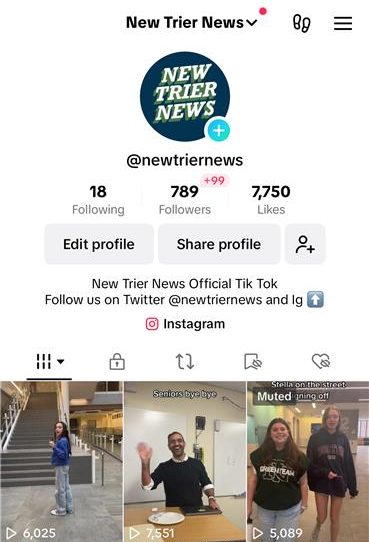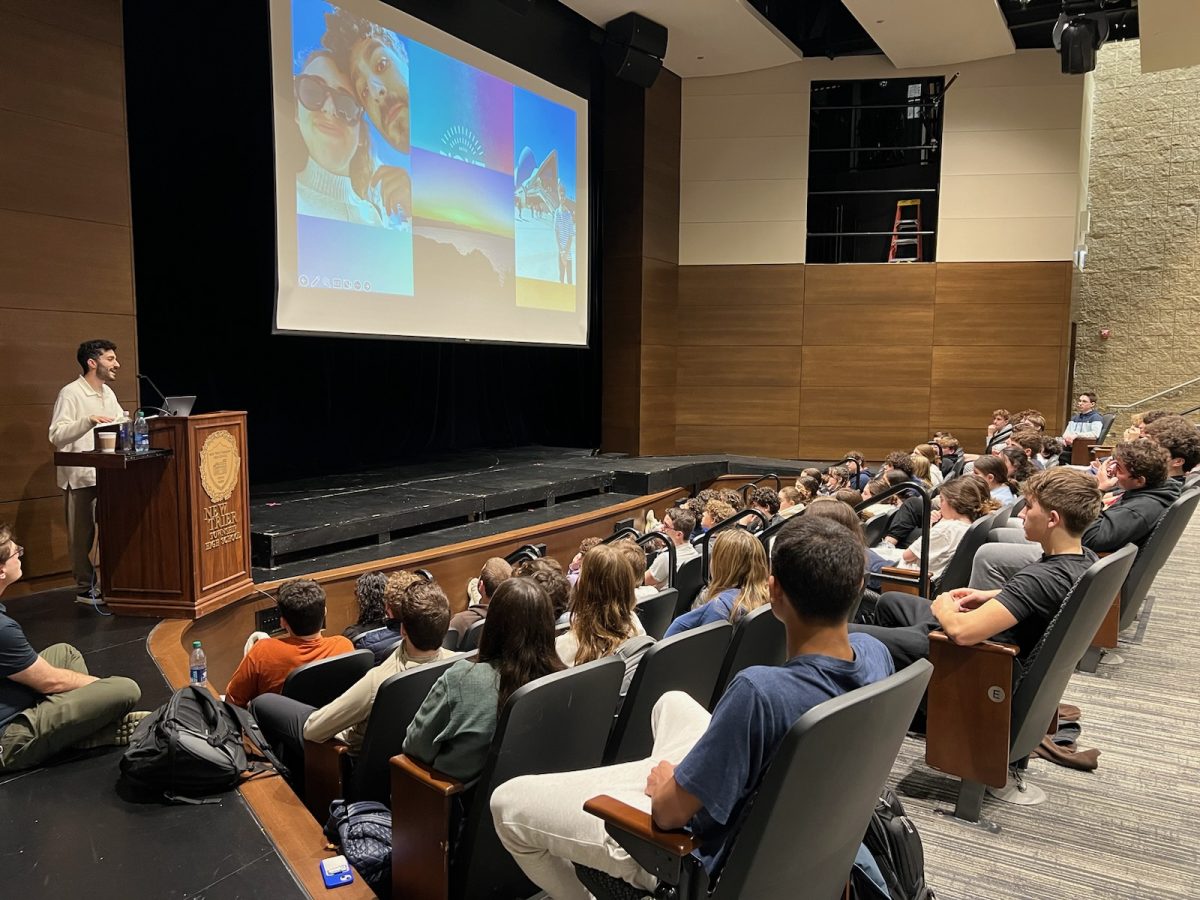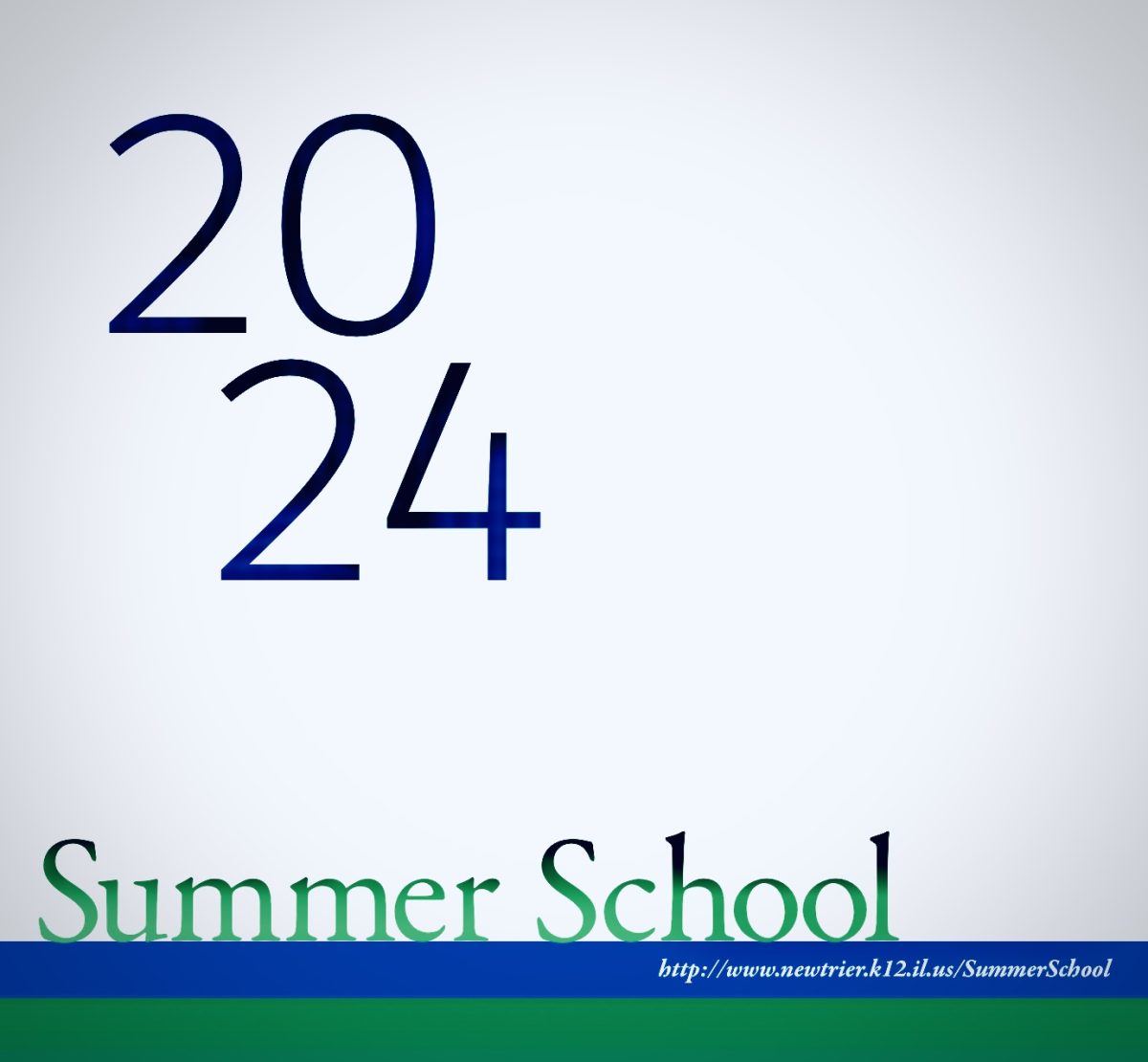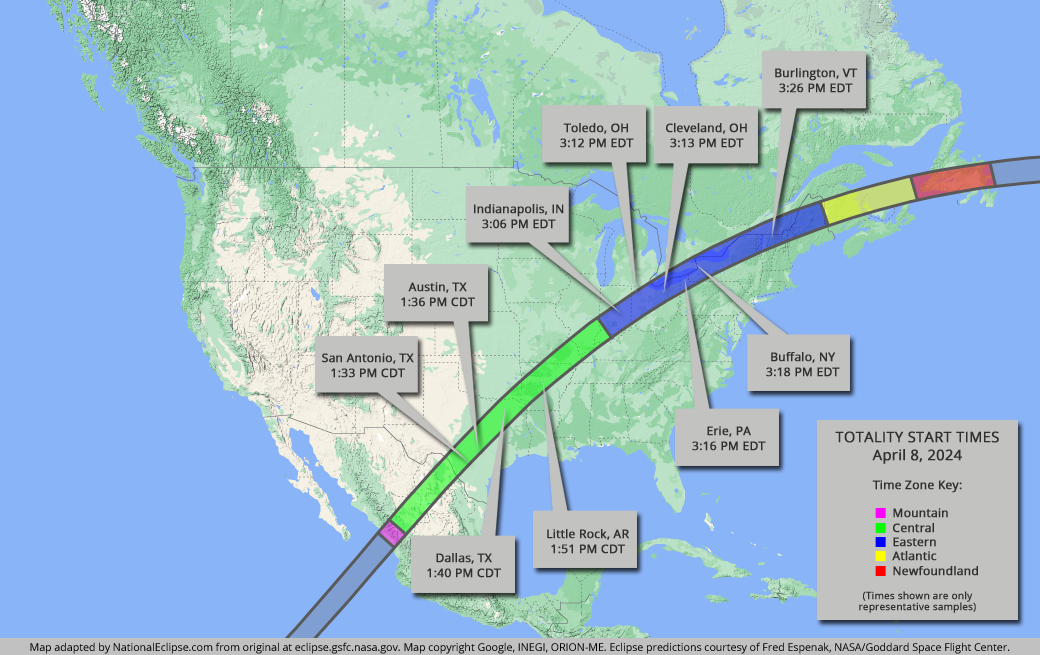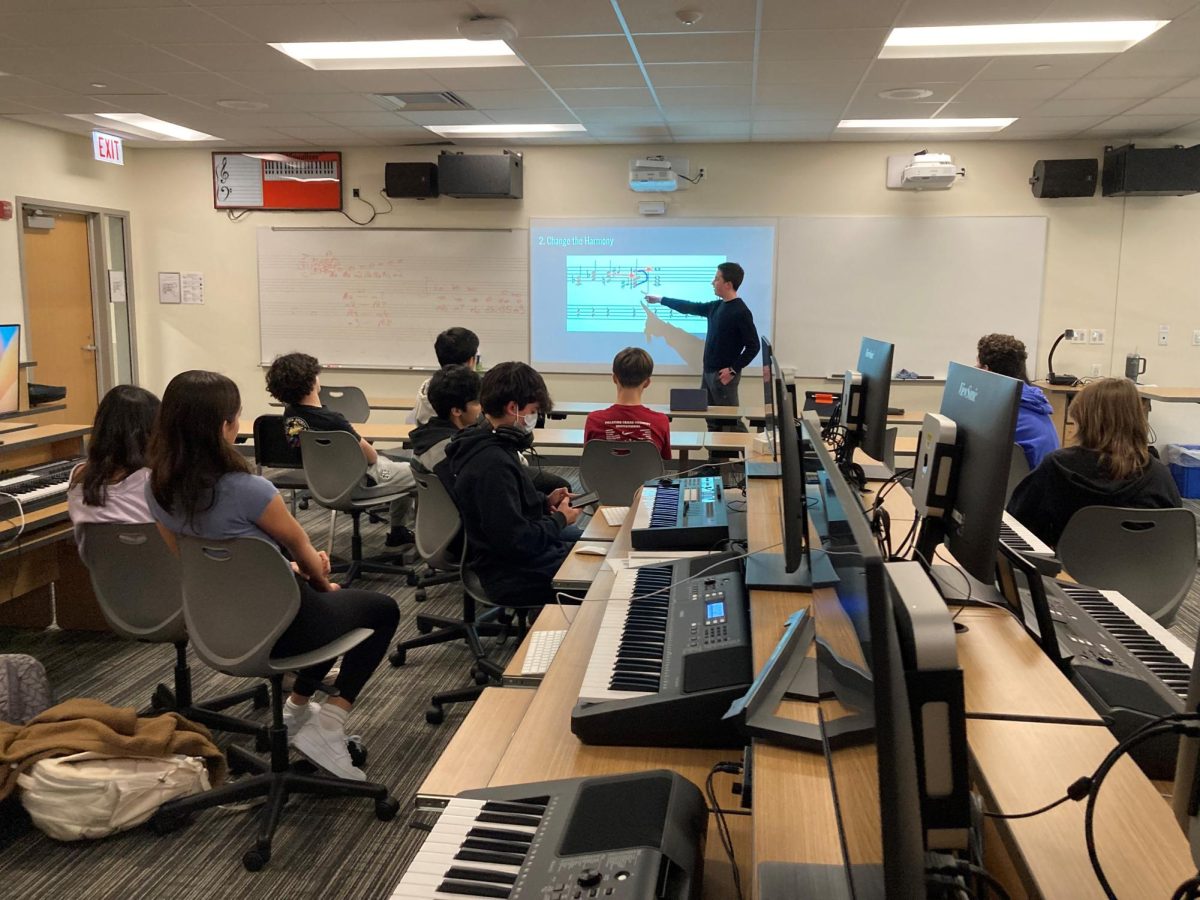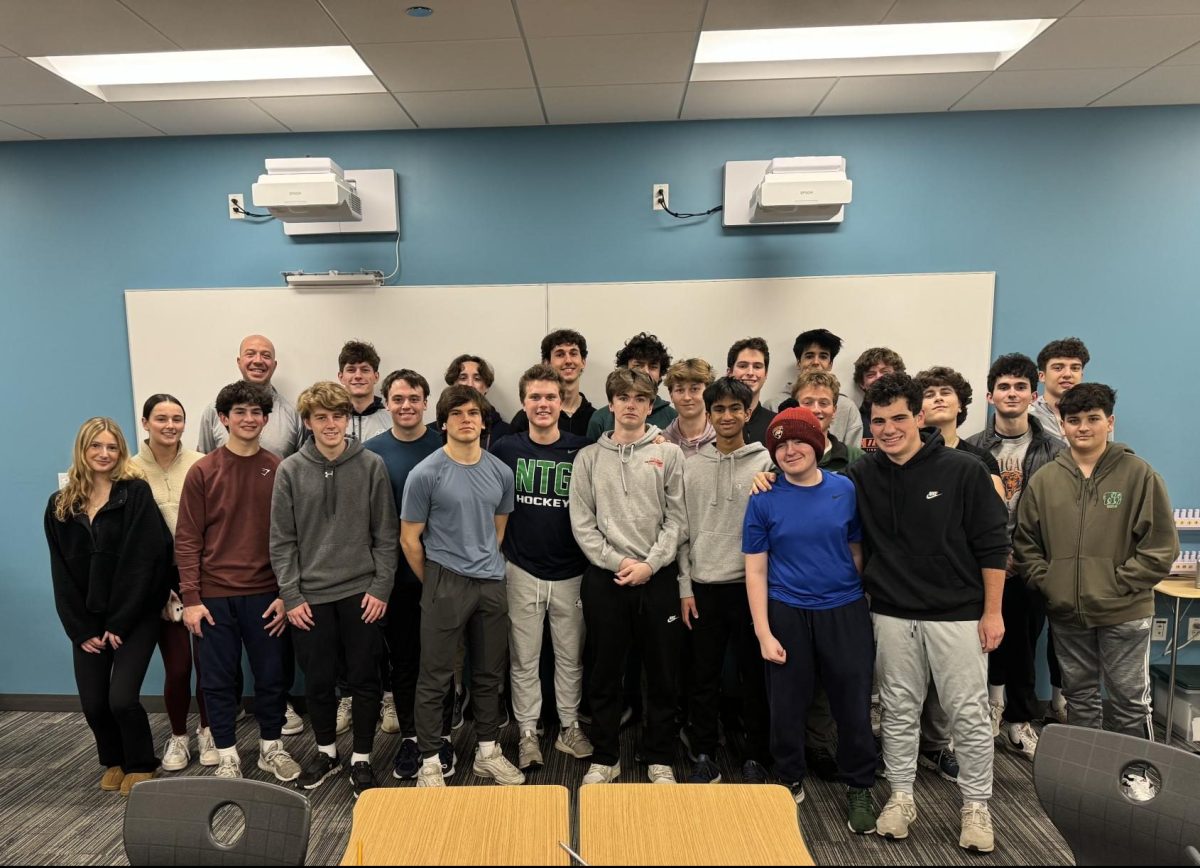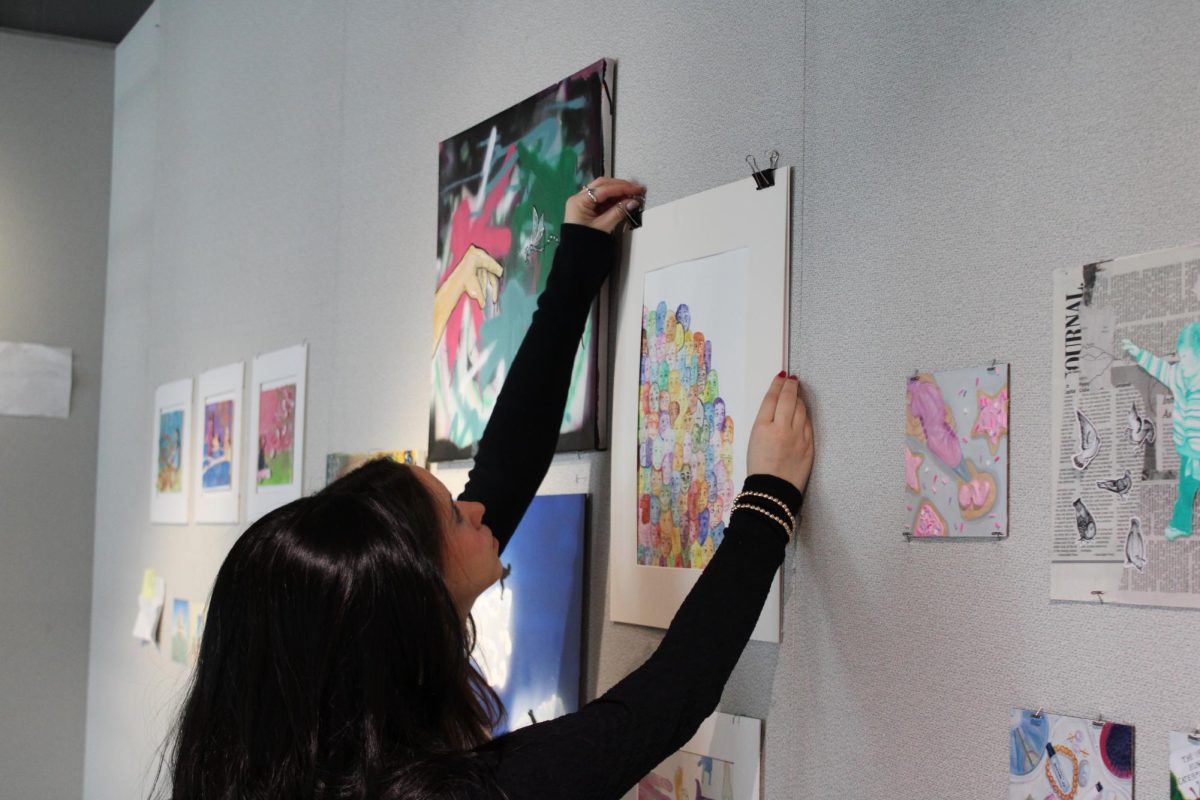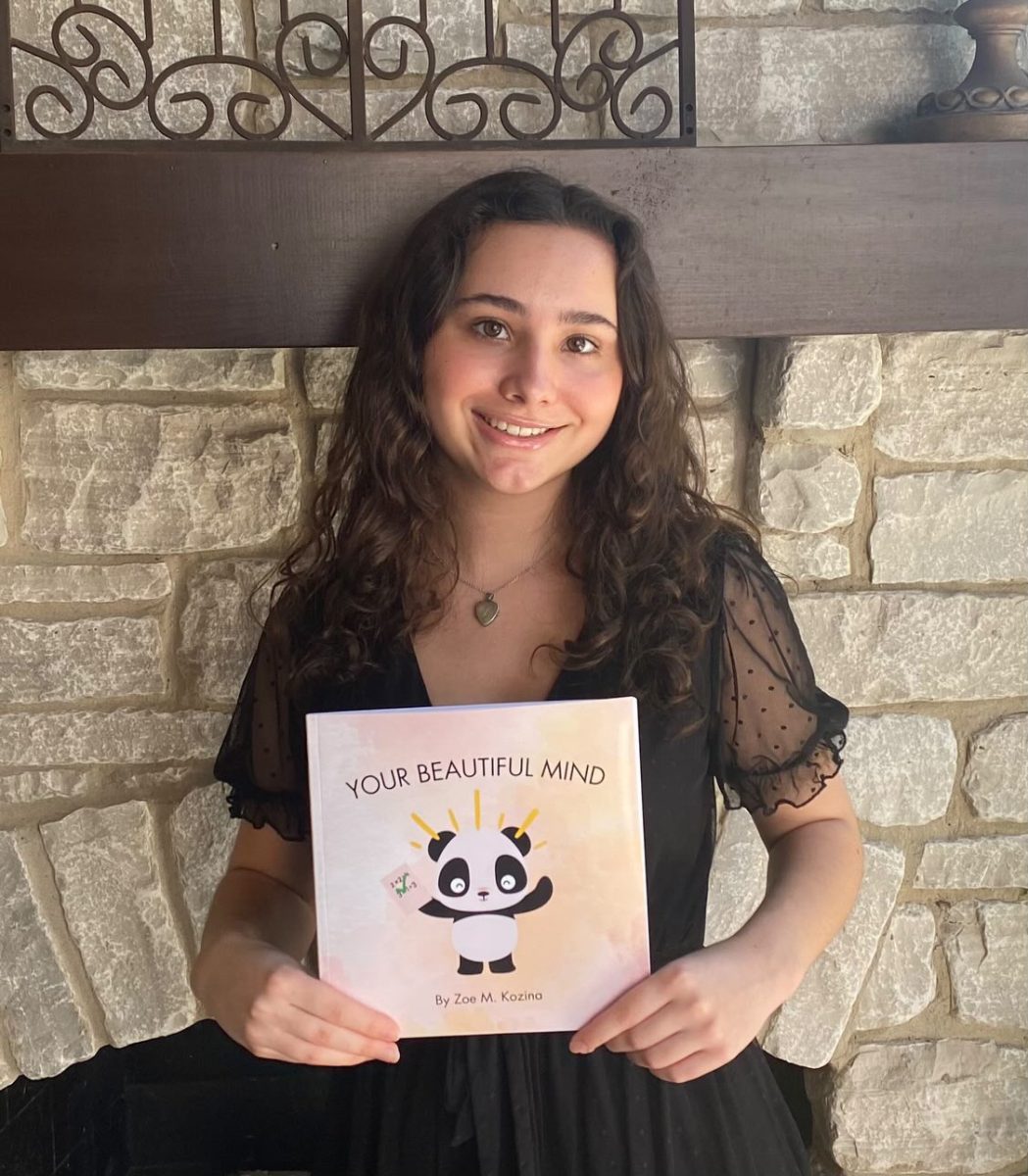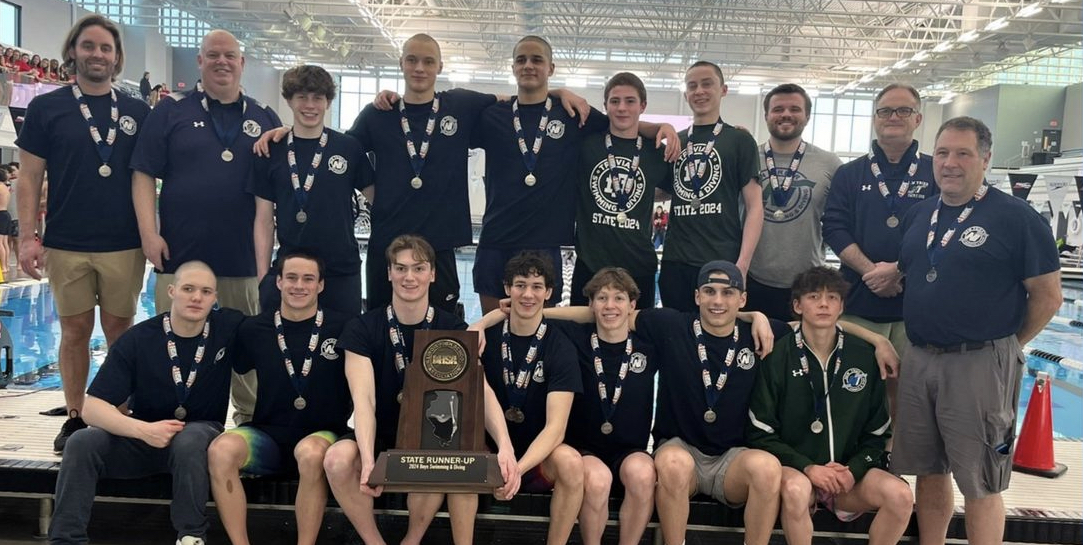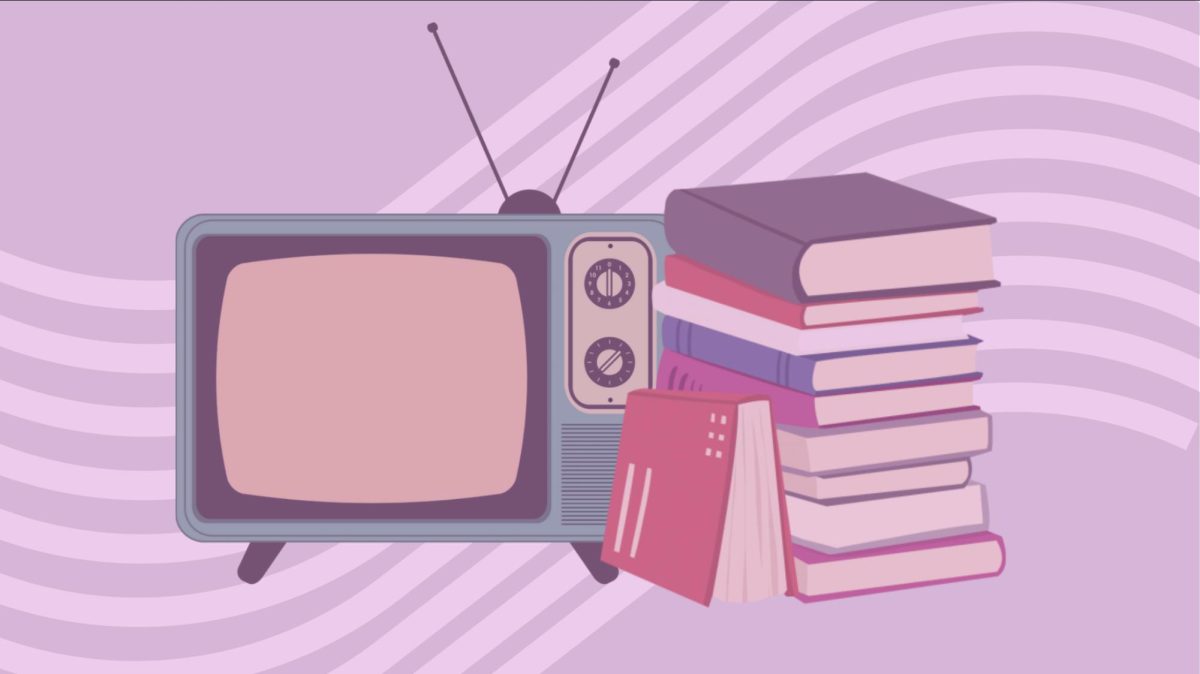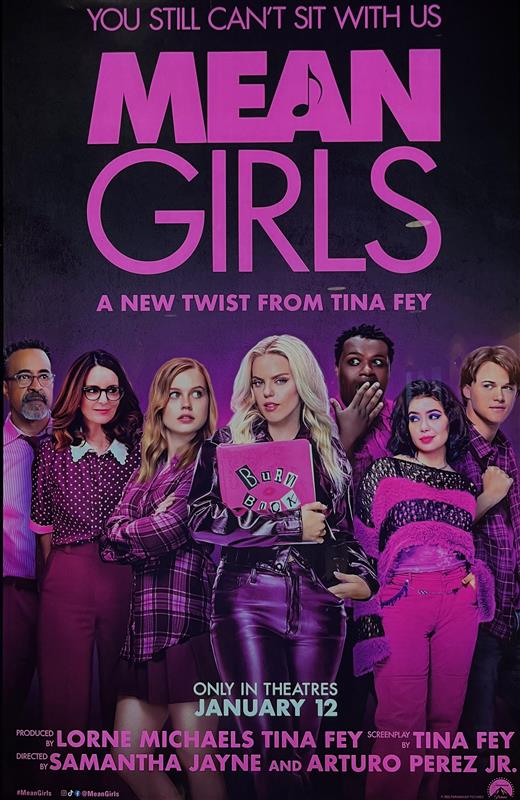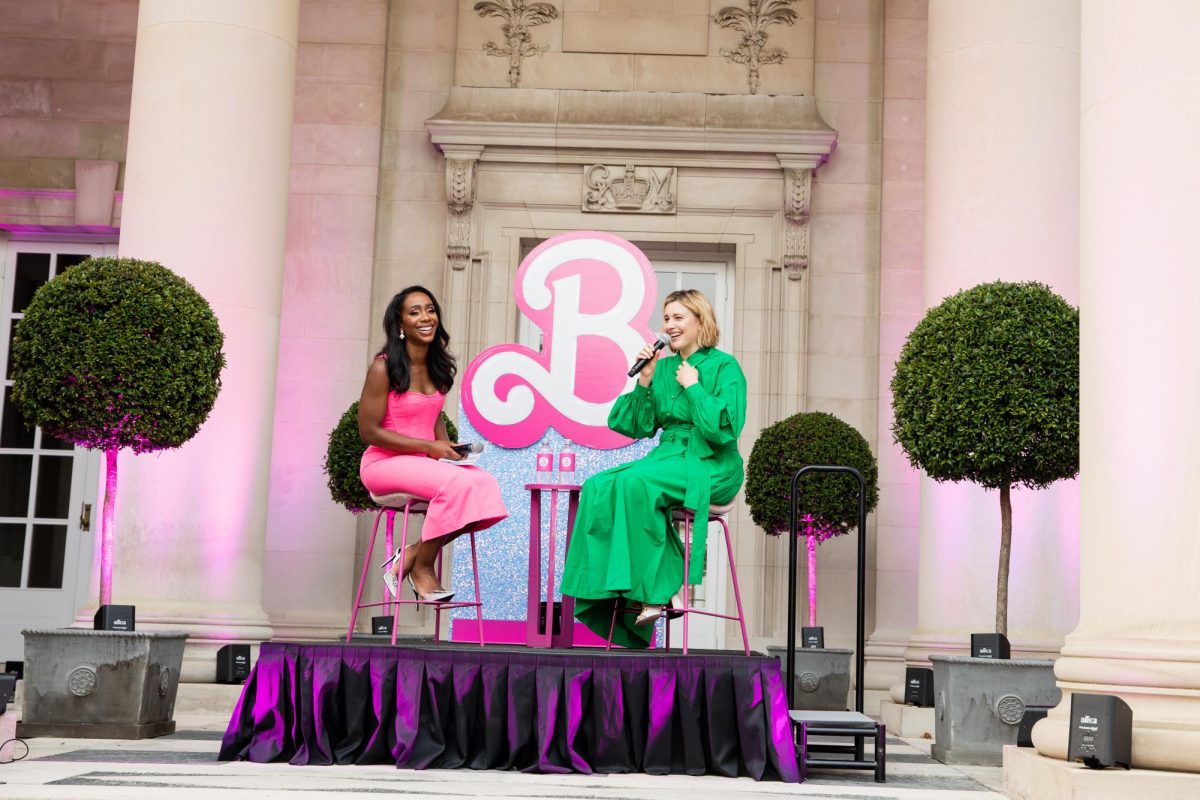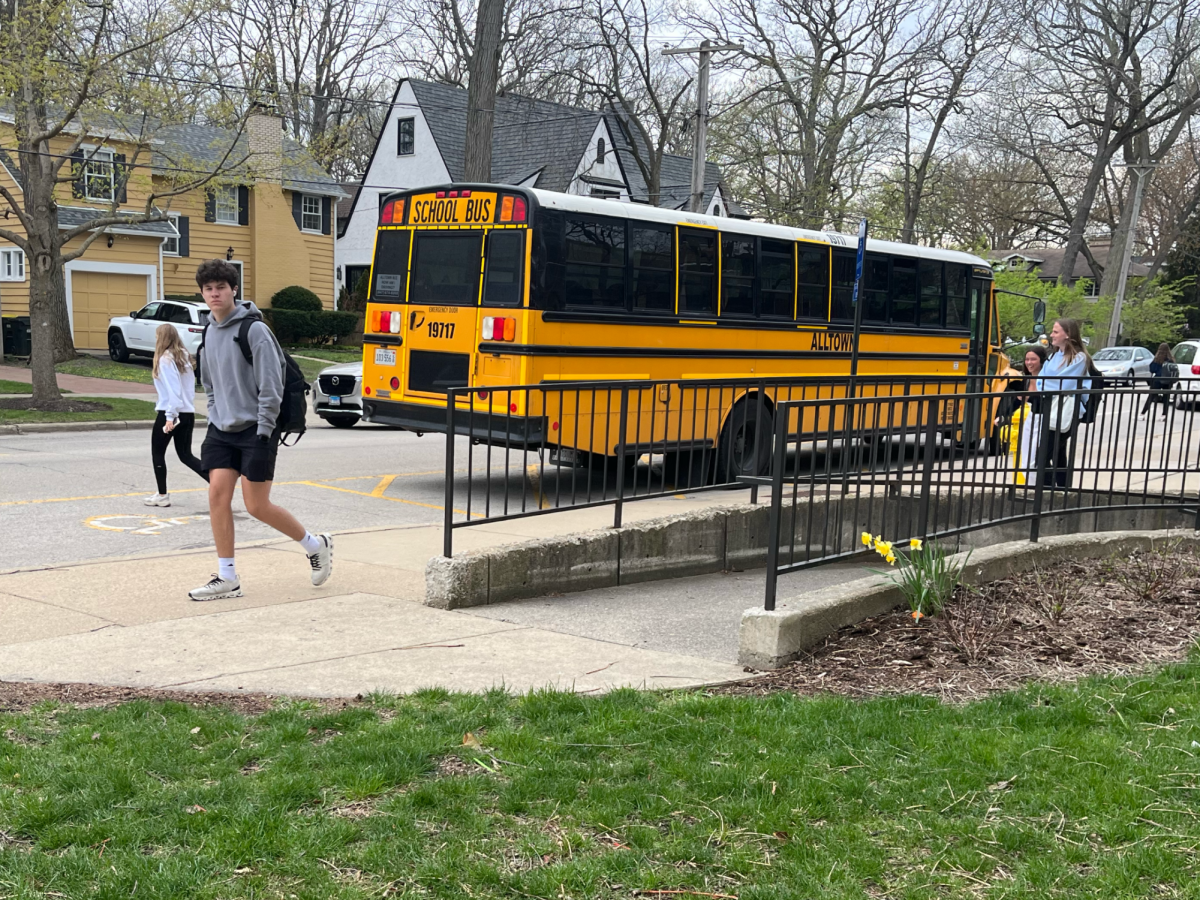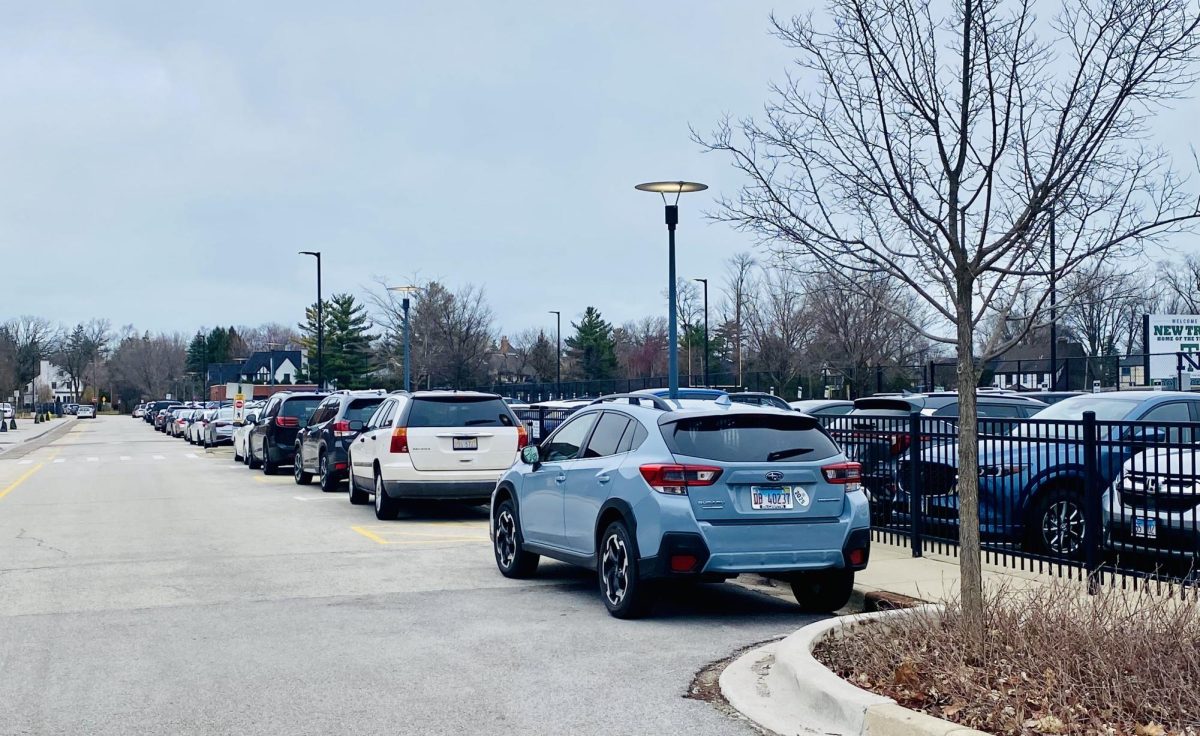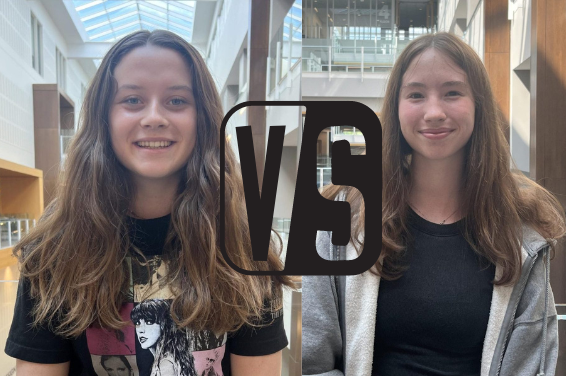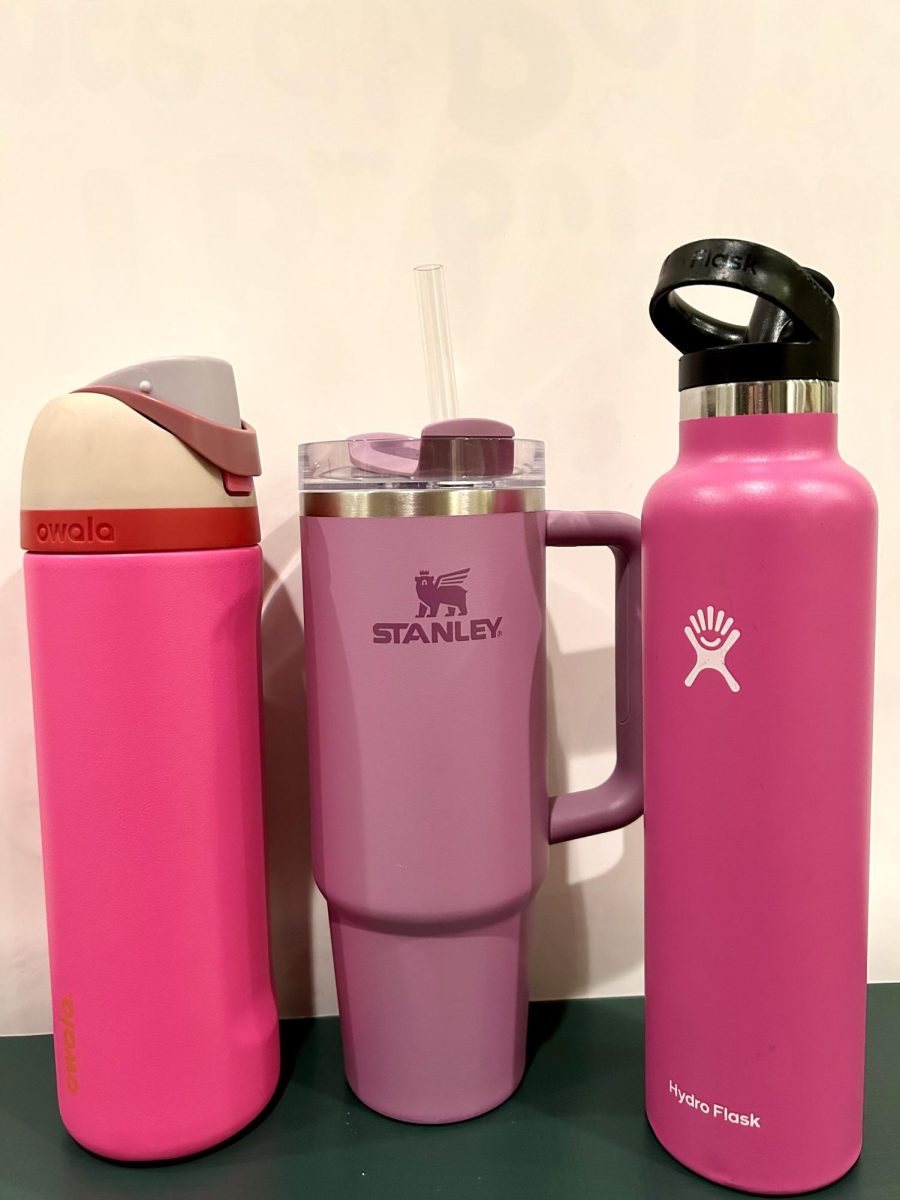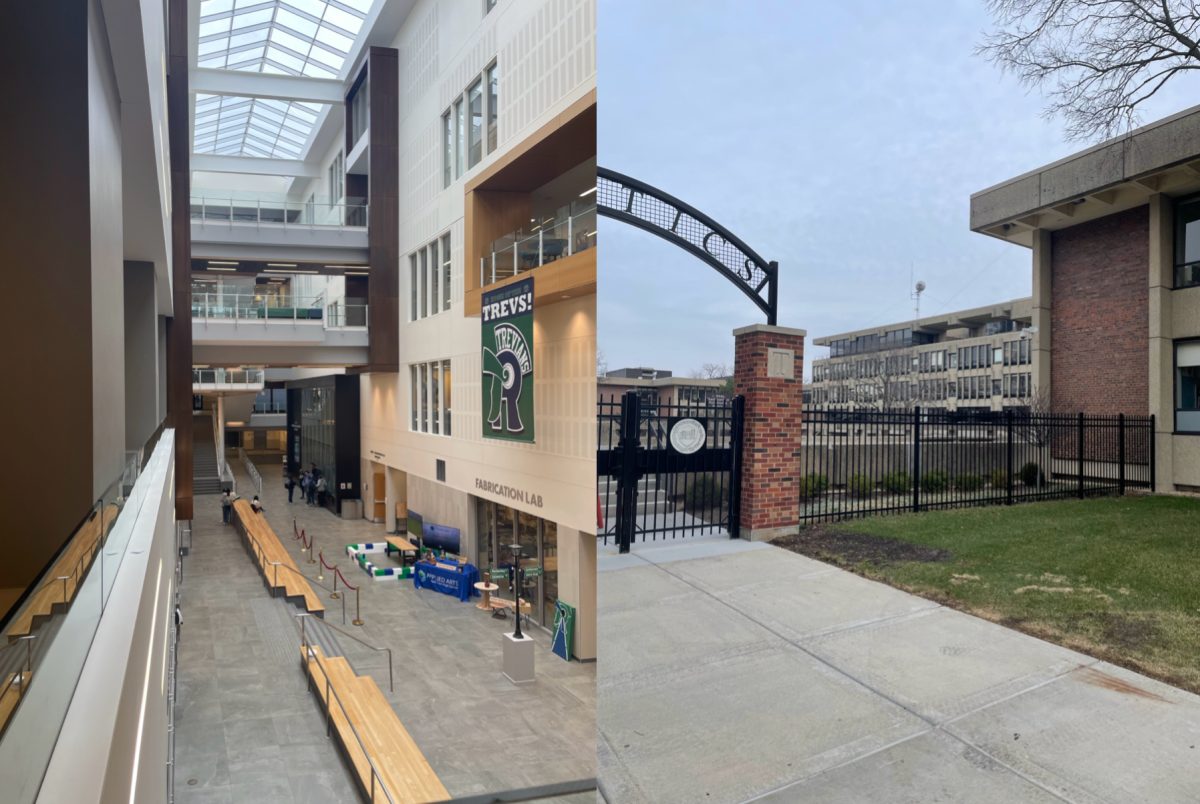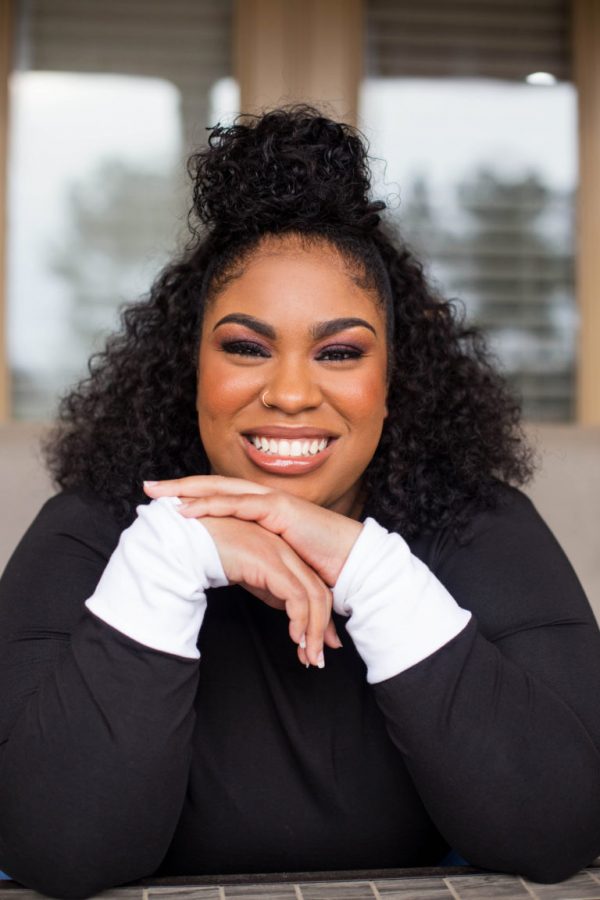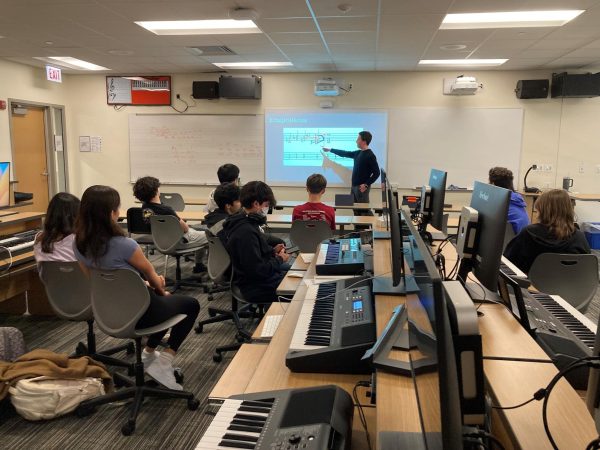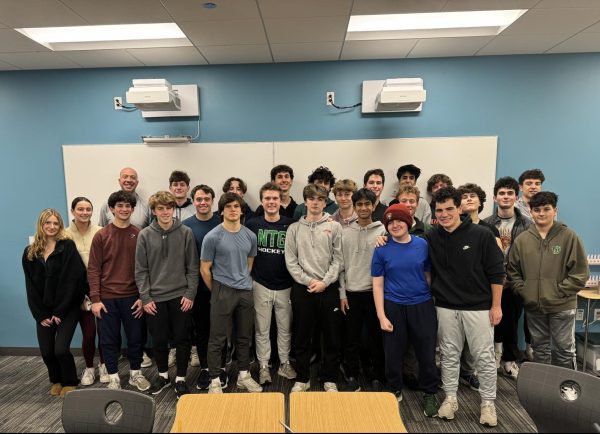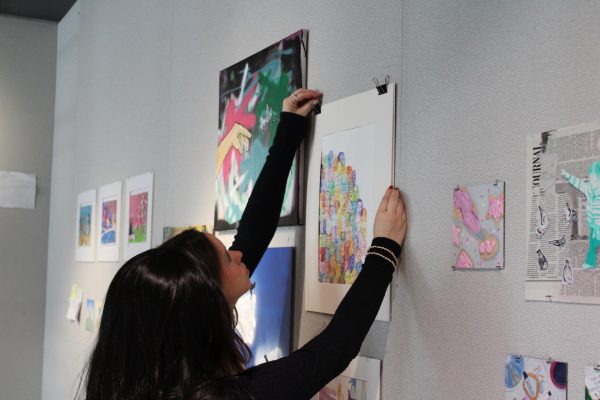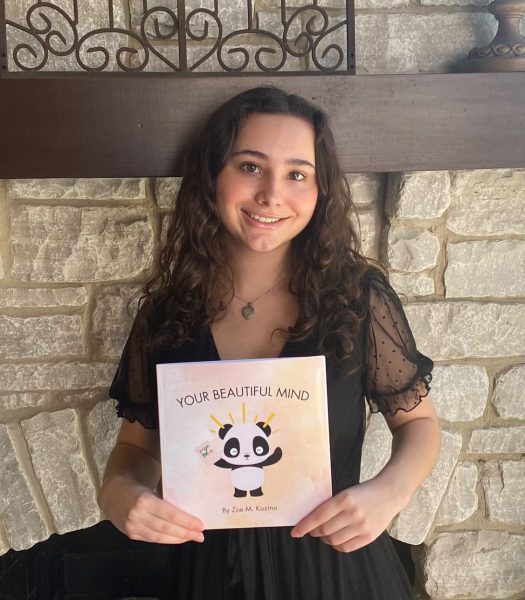New tag helps readers discover diverse authors
The #ownvoices section of the library catalogue shines light on marginalized works
In Angie Thomas’s #ownvoices book “The Hate U Give”, the protagonist witnesses an act of gun violence, which Thomas has experienced herself.
kRecently, librarians Marc Garneau, Angela Burns, Susan Peterson, and Raquelle Brennan added the #ownvoices tag to library catalogue. The #ownvoices marker can be used to label books with protagonists of the same marginalized backgrounds as the author, which means identifying stories from diverse authors has become easier than ever.
Brodart, a book supplier for libraries around the world, calls the #ownvoices tag a way of “recommending books about diverse characters that have been written by authors from that same diverse group.” It’s a shortcut to more authentic storytelling.
“This all came out of the fact that we have now genrefied our fiction collection, and this was one of the successes of that process,” said Brennan. “As we decided on the different genres such as action-adventure, mystery suspense, or relationships, we collectively decided on adding #ownvoices.”
Junior Nicole Wee appreciates not only the message, but the functionality of the library’s #ownvoices section.
“Now that books are being labeled as ownvoices, it’s much easier to identify titles with characters that readers can relate to, thereby putting marginalized authors into the spotlight,” said Wee.
This increased accessibility won’t just diversify reader’s book choices, it will put quality storytelling from writers with new perspectives in the spotlight.
“There are so many excellent writers that are people of color, different genders, different sexual orientations,” said Burns. “We’ve always looked for books like that, but now we’re labeling it and making it a point.”
The push for better representation among authors has only recently gained momentum. We Need Diverse Books (WNDB), a movement advocating for better representation among publishers, initiated conversations that paved the way for founder Corrine Duyvis to create #ownvoices.
Members of WNDB saw that the publishing industry was making the decision not to support authors of minority backgrounds.
“One of the things with WNDB was the idea that we needed to mentor, find and encourage the publishing companies to produce books [by writers from marginalized groups] so that we can have diverse voices in our collection,” said Peterson.
Even though pushing marginalized authors to the forefront of the publishing world is an important goal, the library’s decision to dedicate a space to #ownvoices has also been for the sake of diversifying the readership.
“Ownvoices involves a part of the audience that would otherwise be ignored or overlooked and gives them a voice.”


